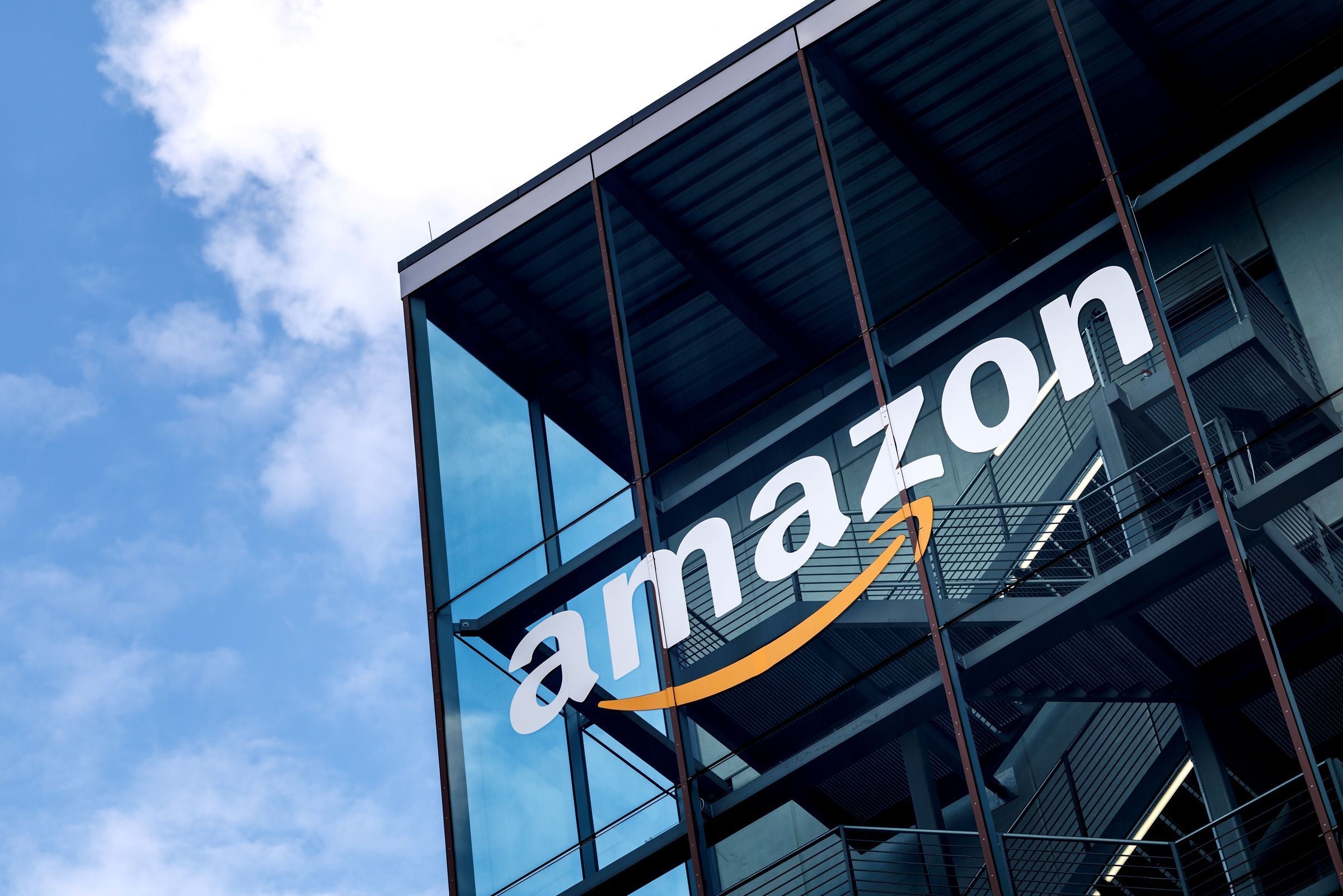
Amazon's Nova Act: A Leap Towards Advanced and Reliable AI Agents
While often perceived as trailing behind in the AI development arena, Amazon has been quietly nurturing a powerhouse lab that's now making significant strides. The AGI SF Lab, based in San Francisco, is dedicated to achieving artificial general intelligence (AGI) exceeding human capabilities. Today, they unveiled the first fruits of their labor: Amazon Nova Act, a new AI model poised to power some of the most advanced AI agents.
Outperforming the Competition
According to Amazon, Nova Act surpasses models from OpenAI and Anthropic on key benchmarks evaluating AI agent intelligence and aptitude. Specifically, it excels on GroundUI Web and ScreenSpot, outperforming Claude 3.7 Sonnet and OpenAI Computer Use Agent. This achievement underscores Amazon's strategic focus on building superior AI agents.
David Luan, head of Amazon’s AGI SF Lab (and formerly of OpenAI and Adept), believes that AI agents represent the "basic atomic unit of computing" in the future. This highlights the importance of their development to the company's vision.
From Chat to Action: A Focus on Reliability
The current trend in leading AI labs is to create increasingly capable AI agents. The ability for AI to independently act and converse promises significant advancements. However, the transition from simple chatbots to fully functional agents remains a challenge. While OpenAI, Anthropic, and Google have demonstrated web-browsing agents, these often prove unreliable.
Amazon's approach prioritizes dependability over flashy demonstrations. Luan emphasizes the need to address the "Waymo problem," drawing a parallel to self-driving cars needing extensive training for unusual scenarios. The goal is to create agents that consistently deliver results.
While many agents rely on large language models combined with rigid, human-written rules, Amazon Nova Act represents a more sophisticated approach. It leverages the company's most powerful homegrown model, Amazon Nova, and enhances it with additional training focused on decision-making and timing. Reinforcement learning plays a key role in improving Nova's agent capabilities.
Robotics and the Future of AI Agents
Amazon is also drawing inspiration from physical robots. Luan's team collaborates with Pieter Abbeel, a UC Berkeley professor and former OpenAI employee, who specializes in AI applications for robotics. With its extensive deployment of robots in fulfillment centers, Amazon is uniquely positioned to translate advancements in robotics into improved AI agents.
The release of Amazon Nova Act signals a potential shift in the AI agent landscape. Amazon's recent strides, including the enhanced Alexa with improved conversational and automation capabilities, suggest they are becoming a serious contender. Alexa's new agentic capabilities, enabling tasks like booking repair services, were developed by Luan's team.
Amazon envisions agents that can proactively add items to a user's cart based on their interests and habits, streamlining the ecommerce experience. To facilitate the development of such agents, Amazon has also launched a software development kit (SDK) for Amazon Nova Act. The SDK enables developers to provide specific instructions to their agents, helping them navigate the complexities of the internet.
Ultimately, Amazon aims for its agents to be intelligent enough to avoid common pitfalls, such as insurance upsells. As Luan concludes, "Nova Act is really like the very first step in that vision."
Source: Wired